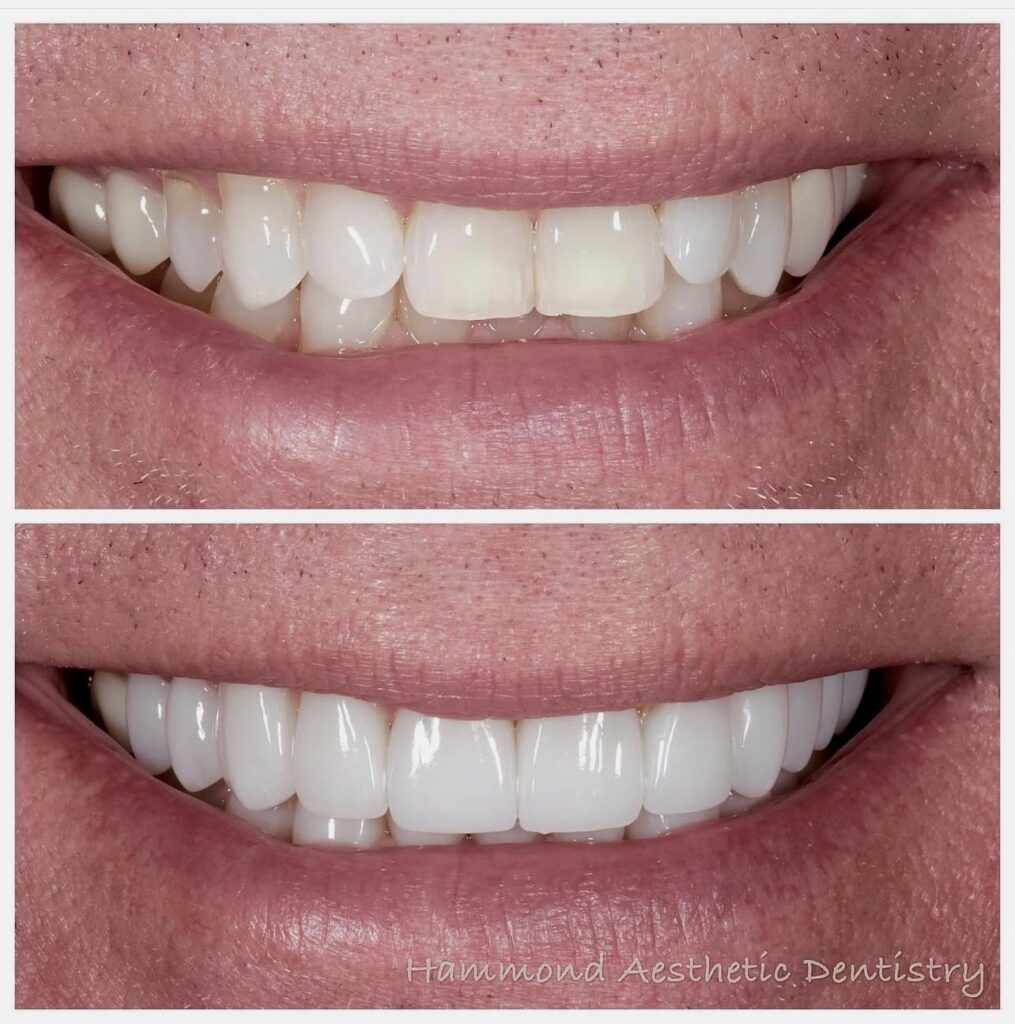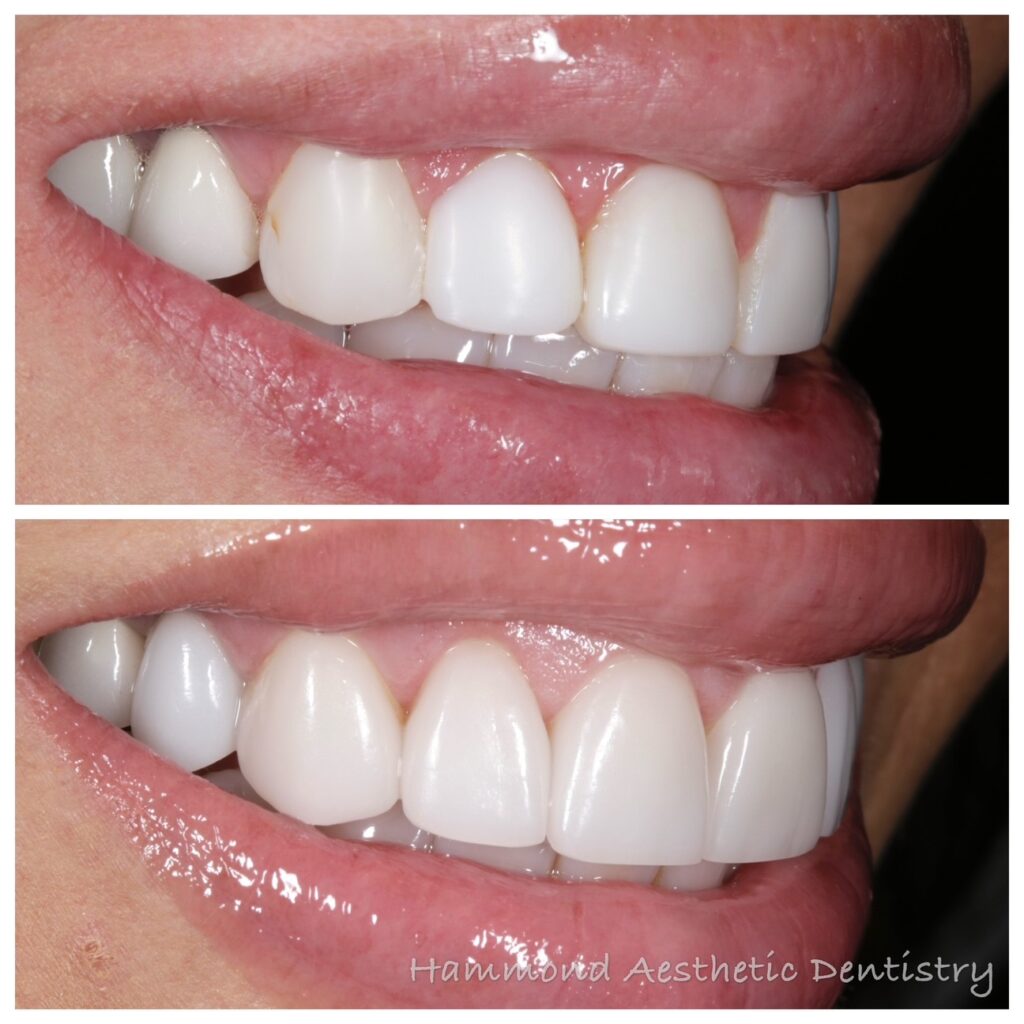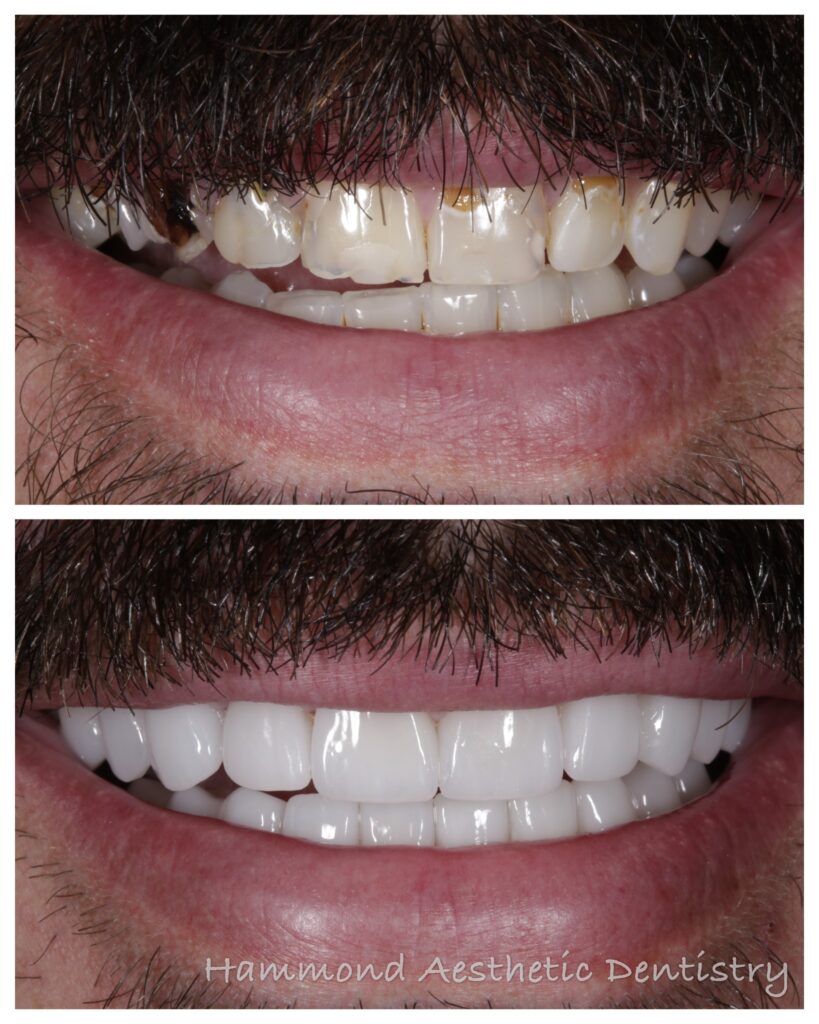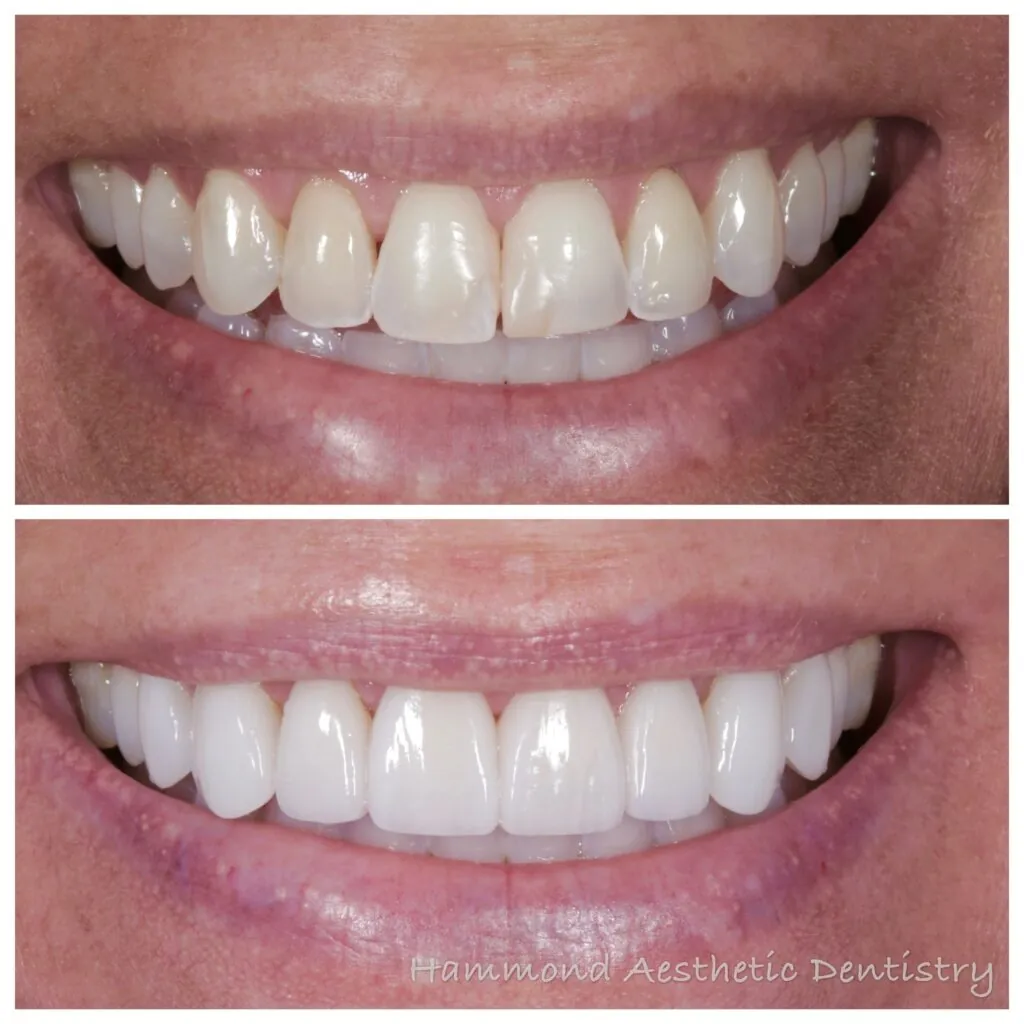Depression Linked to Chronic Facial Pain
The 50 million people in America who suffer from chronic facial pain, including tempormandibular disorders (TMD), are likely to suffer depression as well and should be screened for depressive symptoms during their health evaluation, reports the Academy of General Dentistry, an organization of general dentists dedicated to continuing dental education.
Chronic facial pain causes disability in 50 million people in the United States; chronic facial pain including TMD accounts for between 20 percent and 25 percent of chronic pain conditions. TMD, a term used to describe a variety of conditions that may affect masticatory muscles, temporomandibular joints, or both muscles and joints associated with chronic facial pain, is often treated by dentists.
A recent study of 72 people with chronic facial pain (51 with TMD) showed that 53 percent of those people suffered either major or minor depression, while another 22 percent reported symptoms of depression. The most common symptoms are fatigue and insomnia. There was no difference in the prevalence of depression among patients with or without TMD.
Russell H. Schlattman II, DDS, FAGD, an Academy spokesdentist, says that pain levels suffered by TMD patients range from “a mere annoyance to debilitating,” but that emotional repercussions are often attached regardless.
“One factor of TMD is definitely the patient’s emotional state,” says Dr. Schlattman. “There are certain levels of depression that we see frequently occurring.”
Patients aren’t likely to mention depressive symptoms due to the stigma attached, but Dr. Schlattman says the questions he asks his TMD patients concerning symptoms overlap into the patient’s emotional state. Patients are referred for psychiatric help if necessary.
“When we’re performing clinical treatment of a dental nature, many times we need the psychiatric or psychological input to treat the overall nature of the patient’s problems,” Dr. Schlattman says. “We want to help the patient any way we can, and screening them helps us do that.”





